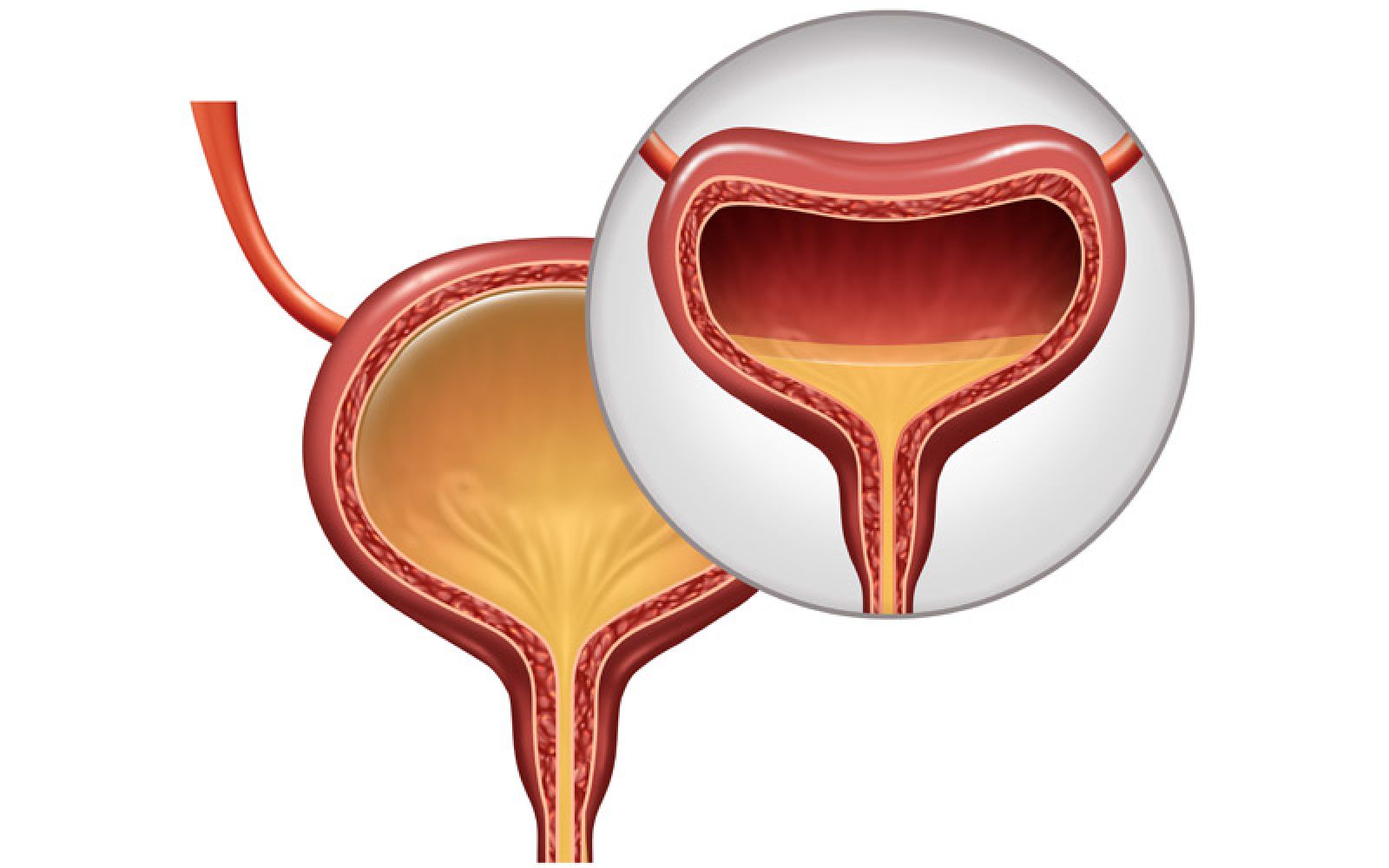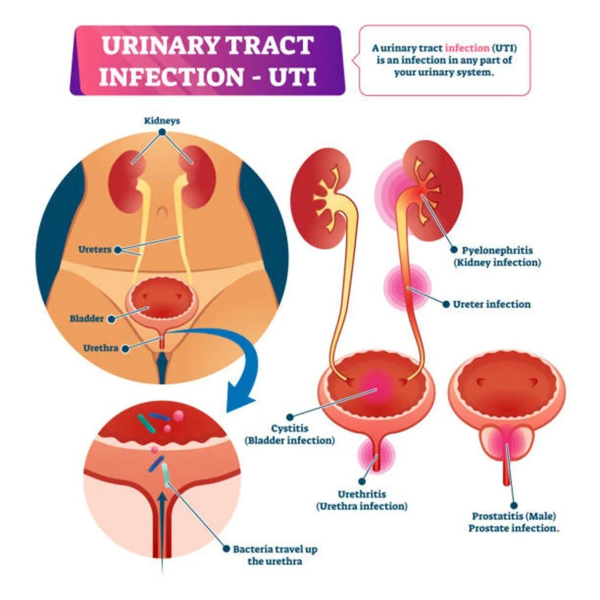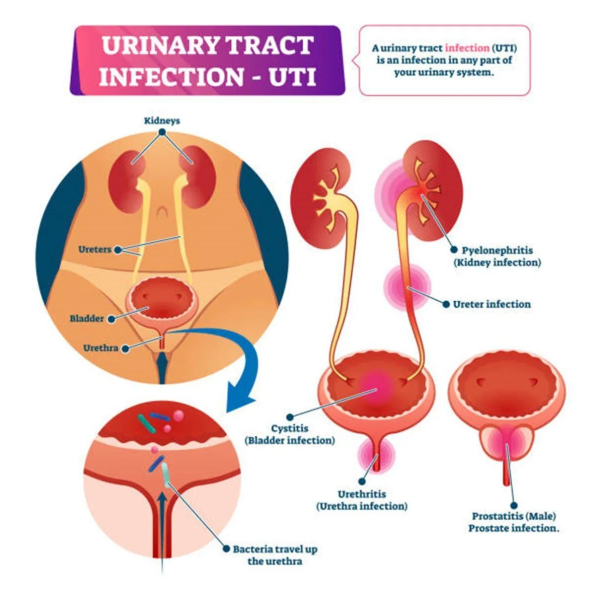Things You Should Know About Urinary Tract Infections
If you have problems with urination, you may have a urinary tract infection, also known as a UTI. Discover what you should know about UTIs.

If you have problems with urination, you may have a urinary tract infection, also known as a UTI. UTIs are common, preventable, and treatable. However, you need to visit a doctor for proper diagnosis and treatment if you suspect you have one. If allowed to get severe, a UTI can cause further complications. Discover more to know about UTIs, the people who can get them, and signs you have one.
What Is a UTI?
A UTI is a bacterial infection of the urinary tract. The urinary tract consists of the urethra, bladder, ureters, and kidneys. Usually, the bacteria enter the tract through the urethra and infect the bladder. Severe infections can move up the ureters to the kidneys.
Urine itself is very sterile and passes through the system without problem. The bacteria involved is most commonly E.coli from outside of the body, usually from fecal matter.


Who Gets UTIs?
Women are at the highest risk for UTIs. They have a shorter urethra, and their openings are closer to the anus than in men. Women are more likely to get UTIs after menopause. Hormonal changes cause a change in estrogen that affects the urinary tract. Women who are sexually active or have a new partner are also at higher risk of a UTI.
Men can also get UTIs, though to a lesser extent. With men, the most common causes are certain sexually transmitted diseases like chlamydia. Older men with prostate issues are also at increased risk. Diabetes can cause immune system issues that make bacteria-fighting difficult.
Children can get UTIs, but this is uncommon. A child is most at risk when they start to potty train. Often, poor hygiene habits are the primary cause. UTIs tend to affect older adults the most.
What Are the Signs of a UTI?
Both men and women share similar symptoms of a UTI, though some men may not notice them. Signs you may have a UTI for both men and women include:
- Increased need to urinate
- Pain while urinating
- Pelvic pain (more common in women)
- Cloudy urine
- Strong-smelling urine
- Urine with signs of blood
- Bedwetting (more common with children and men)
If the infection spreads further up the urinary tract to the kidneys, you could also have back pain and fever.
What Is the Treatment for a UTI?
The most common treatments for a UTI are antibiotics. The doctor chooses the antibiotic based on the type of infection and bacteria you have. If your doctor prescribes antibiotics for you, take them exactly as prescribed, even if the infection clears up promptly.
Failure to follow the prescription may cause antibiotic-resistant bacteria. Your infection may come back worse. Treatment for the recurrence may be more difficult than the first time.
How Can One Prevent a UTI?
For most people, good hygiene and sexual habits greatly reduce the chance of an infection. Some ways to reduce your chances of an infection include the following tips:
- Drink plenty of fluids, especially water.
- Avoid fluids that cause frequent urination, like caffeine, because they increase your chance of an infection.
- If you are a woman, wipe from front to back to reduce fecal matter contamination. Change menstrual pads frequently.
- Avoid sprays and feminine deodorants that could irritate the urethra.
- Use condoms during sex.
- Wear breathable underwear and don't wear tight clothing that can irritate the genitals.
If you think you have a UTI, make an appointment with a doctor. Tests for this condition are easy and usually require a urine sample. If you wait too long, the infection can spread and require more tests and aggressive treatments.
The doctors at Nashville Healthcare Center can diagnose and treat your UTI. We offer convenient and comprehensive health care for your whole family. Contact us at 615-341-4429 for an appointment as soon as possible.



